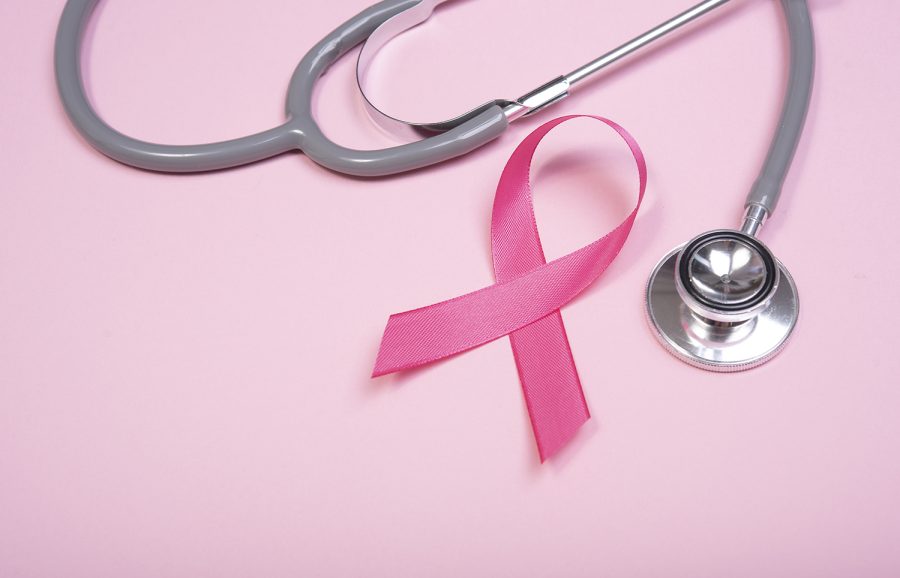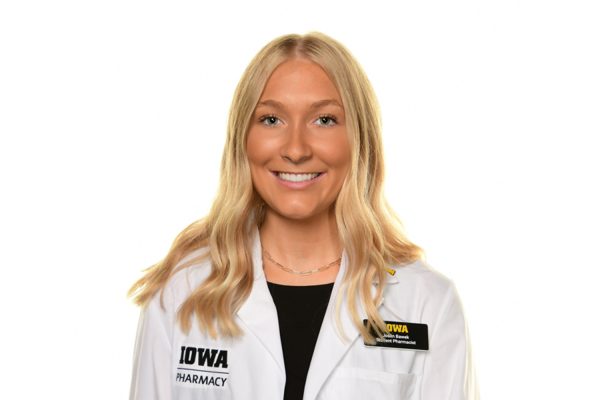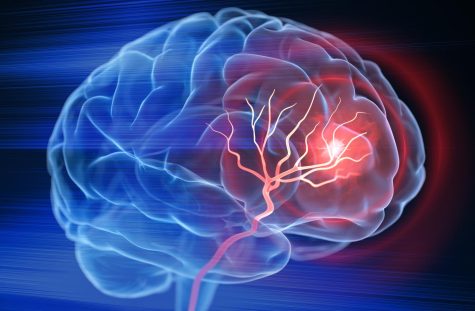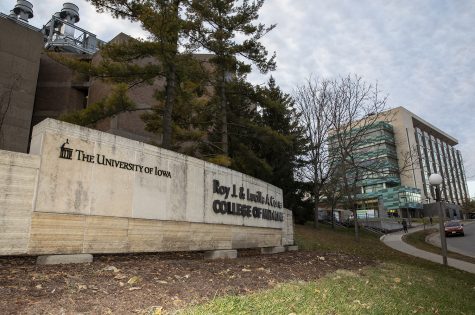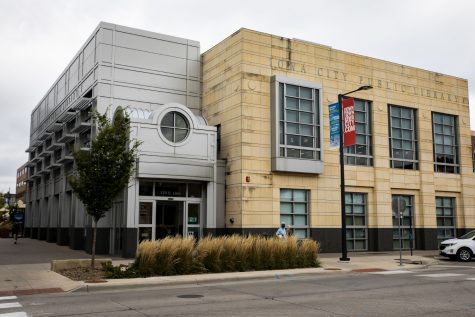Guest Opinion | Doctor is in: Breast Health: Self-Awareness is Important for All Ages
Breast health is important at any age and having breast self-awareness allows you to know what to look for and when to seek help.
October 24, 2021
According to the American Cancer Society (ACS), breast cancer is the most diagnosed type of cancer and the second most common cause of cancer-related deaths in women, in the U.S. In honor of breast cancer awareness month, we would like to share general breast health tips. Breast issues can be seen at any age. We will discuss common breast problems, breast self-awareness, and when to contact your health care provider.
1. Common breast problems
It is normal for your breasts to change throughout your lifetime. Noticing a change can be scary, but it’s important to know that most breast problems in a woman’s lifetime are not caused by breast cancer. Common breast problems that may bring a patient in to see a health care provider include lumps or pain, nipple discharge, new nipple inversion, and skin changes.
2. How to have breast self-awareness
While the ACS does not recommend regular clinical or self-breast exams as part of cancer screening, the following can help with breast self-awareness: Know what is normal for you, know your personal risk (more below), and know when to talk to your provider.
A self-exam only takes a couple minutes and can be done once a month. Visually inspect your breasts and take note if there is any swelling or changes in the shape, skin, or nipples. Feel your breasts and take note of any lumps, thick spots, rashes, tenderness, or other noticeable changes. Check for any nipple discharge by squeezing the nipple. The point of this exam is for you to know what your breasts look and feel like normally, so that if there is a change you will notice.
The second part of breast self-awareness is to be aware of your personal risk factors for developing breast cancer. Risk factors are certain characteristics that are associated with an increased likelihood of developing a disease. The more risk factors you have, the higher the chances of developing breast cancer.
Risk factors for breast cancer include: being born female, older age (most breast cancers are found in women 55 years and older), certain gene changes, a family history of breast cancer, a personal history of breast cancer, smoking, and alcohol use. Risk factors and disease development can be a complex topic. If you have a known family history of cancers or breast/ovarian cancer, talk about this with your family and your health care provider.
3. When to talk to your health care provider
If you notice any changes in your breasts, make an appointment with your provider immediately. You should be evaluated as soon as you can. If an appointment is delayed for months, the problem could potentially get worse. Depending on your situation, a clinical appointment may be the only necessary step. Other times your provider will recommend imaging, lab tests, follow-up, or a referral to a specialist.
Breast health awareness can increase your chances of detecting breast cancer early. The ACS reports that if it is detected early, and in the localized stage, the 5-year relative survival rate is 99 percent. Visit University of Iowa Student Health to set up an appointment with a primary care provider today to discuss any breast concerns, and go to https://studenthealth.uiowa.edu/info/ for more details.
-Brooke M. Jennings, University of Iowa 4th year Medical Student



